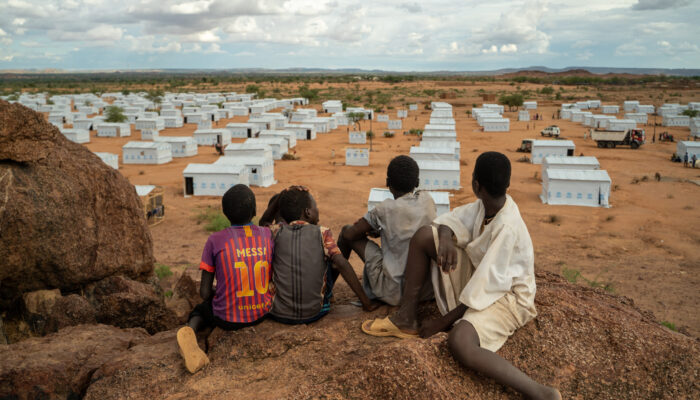Sudan: humanitarian access and action after the fall of Al Fasher

Picture Stichting Vluchteling
Organised together with the Sudan platform
The summary report can be found here.
The civil war in Sudan has taken a brutal turn after the fall of the city of Al Fasher. The siege of the city by the Rapid Support Forces (RSF) lasted for around 500 days, leaving the population without supplies during that period of time. When the RSF pushed out the Sudanese Armed Forces (SAF) it launched a campaign of brutal violence in the taking over of the city. UN and INGOs have no access, nor is substantive reporting available from the events within Al Fasher. The information that is coming out is most alarming. UN’s Emergency Relief Coordinator Tom Fletcher said:
women and girls are being raped, people being mutilated and killed – with utter impunity.
There are credible reports of widespread executions as civilians attempted to escape. Nearly 500 patients and their companions were reportedly killed in the Saudi Maternity Hospital, one of numerous health facilities targeted in the fighting. This session will bring together the members of the Dutch Sudan Platform and KUNO to share the information that is available, to jointly assess the options for humanitarian access and action. And to discuss what is possible in terms of effective advocacy and diplomacy.
The Integrated Food Security Phase Classification system confirms catastrophic hunger levels in El Fasher and Kadugli. The International Rescue Committee (IRC) is reporting the alarming arrival of unaccompanied and separated children in Tawila, fleeing violence by the RSF. Very few have thus far been able to escape from El Fasher and head to Tawila, the nearest camp. It is not clear where the remining population is and how they are doing. The humanitarian needs in Sudan were already higher than ever with the country witnessing the largest humanitarian crisis on record globally. Around 25 million people are in need, over 12 million people are displaced. Condemnations and action by the international community fall short, whilst the violence continues to unfold. Building on earlier sessions of the Sudan platform, this session is organised at this crucial time to scale up the efforts to break through the impasse.
- Arjan Hehenkamp, International Rescue Committee
- Sudanese NGO representative
- Anette Hoffmann, Clingendael
- Waldo Serno and Floris te Velde, Dutch Ministry of Foreign Affairs
This session will be moderated by Jan van ‘t Land, Clingendael